Securing Your Legacy: Should you write a will if purchasing property?
It's easy to get caught up in the thrill of homeownership. Amidst all the paperwork, property viewings, and mortgage discussions, one crucial aspect often overlooked is the creation of a will.
For most of us, buying a house is likely to be the biggest purchase we will ever make. There are different scenarios that will affect how your passing could affect a mortgaged property, depending on what was agreed when you purchased or remortgaged your property:
You are the sole purchaser with a sole mortgage:
If you have purchased your new home alone, then your wishes for inheritance should be made clear in a will. In the absence of one, your property will transfer to your Next of Kin. (spouse, children, parents etc.)
It’s important to note that whilst the property will transfer, it is very rare that a mortgage solely in the deceased name can be transferred or ‘take on’ through inheritance, and should you wish the inheritor to maintain ownership of the property, appropriate life insurance will ensure that your mortgage is paid off if you die.
This will allow those who you wish to benefit from your estate to do so without having to worry about not paying any debts.
You are a joint purchaser with a joint mortgage:
If you do not have a will when you die, the property will pass under the Rules of Intestacy. This doesn't necessarily mean that your partner will inherit your share as it will depend on how you own the house together, such as:
Tenants in Common
If you own your property as tenants in common, your share of ownership would pass under your will or Intestacy. This means that if you are not married to a partner, it could go to your parents, or to siblings rather than them, as they would be your Next of Kin.
If you are married, then your husband or wife will inherit your share. If you have a will, it would pass under the terms you have laid out within the will.
Joint Tenants
If you choose to purchase your property as joint tenants (more often than not, your partner) then the property would automatically pass to the surviving tenant upon passing.
Joint Mortgage
If you and your partner have a mortgage together and you or your partner dies, the surviving named partner will be liable for any outstanding mortgage repayments. It’s often recommended to have a Life Insurance Policy in place that would cover the outstanding amount, in order to allow the surviving tenant to meet the mortgage obligations.
If there is not sufficient money to pay the outstanding mortgage off at the date of your death, then it could make life difficult for the surviving partner.
It’s important to think about who would benefit from your property when you are no longer around - does your current setup ensure those you wish to inherit do so?
Writing a will allows you to record your wishes, so you can plan for the future and provide for your family or loved ones.

